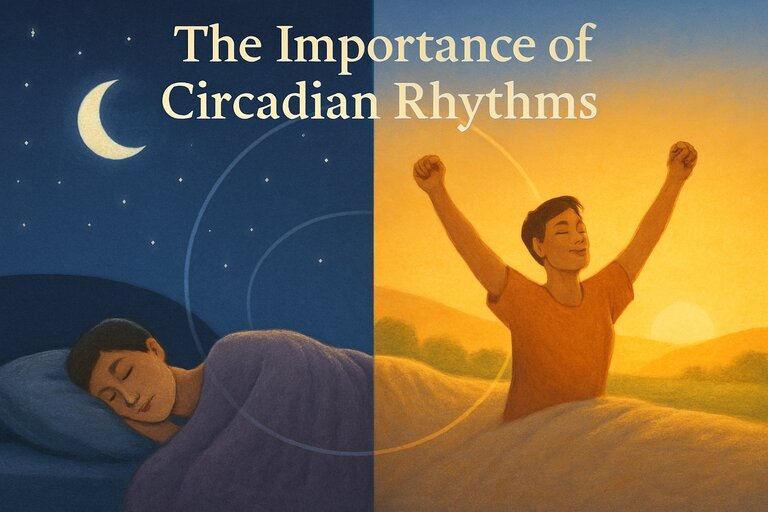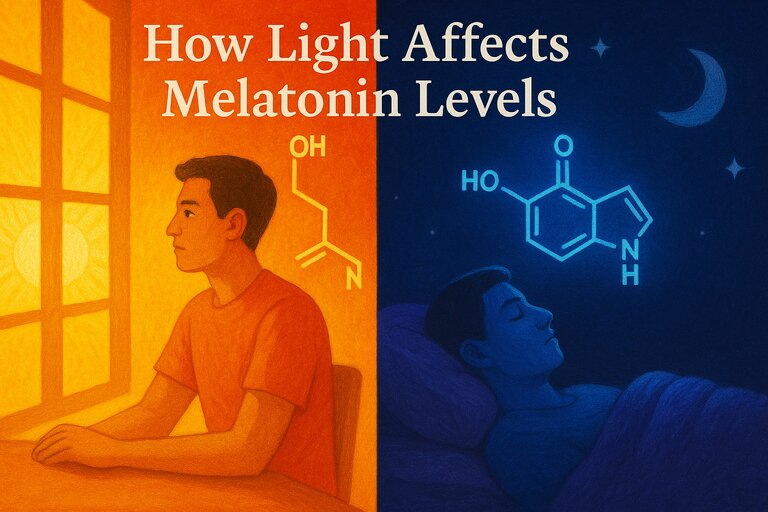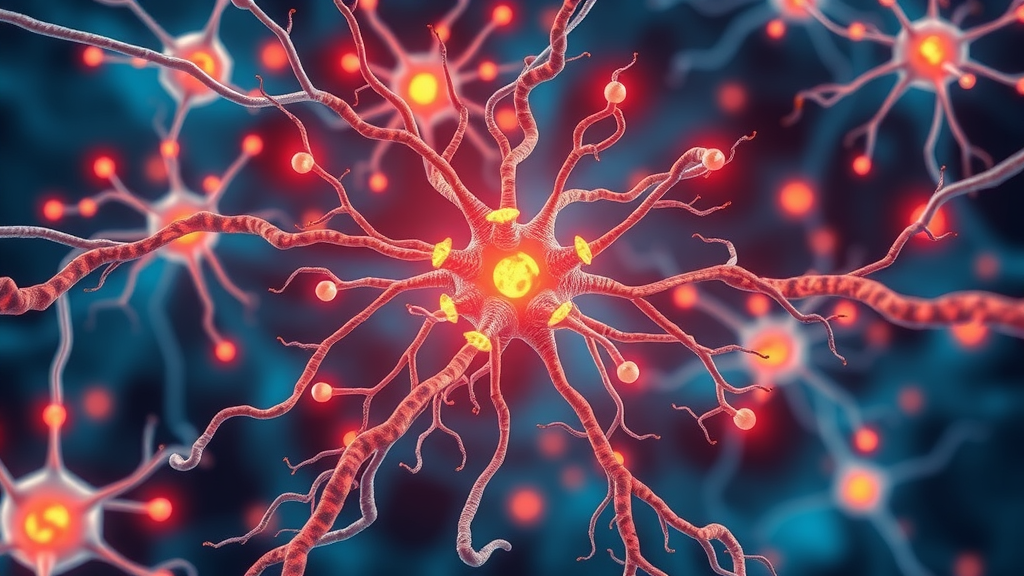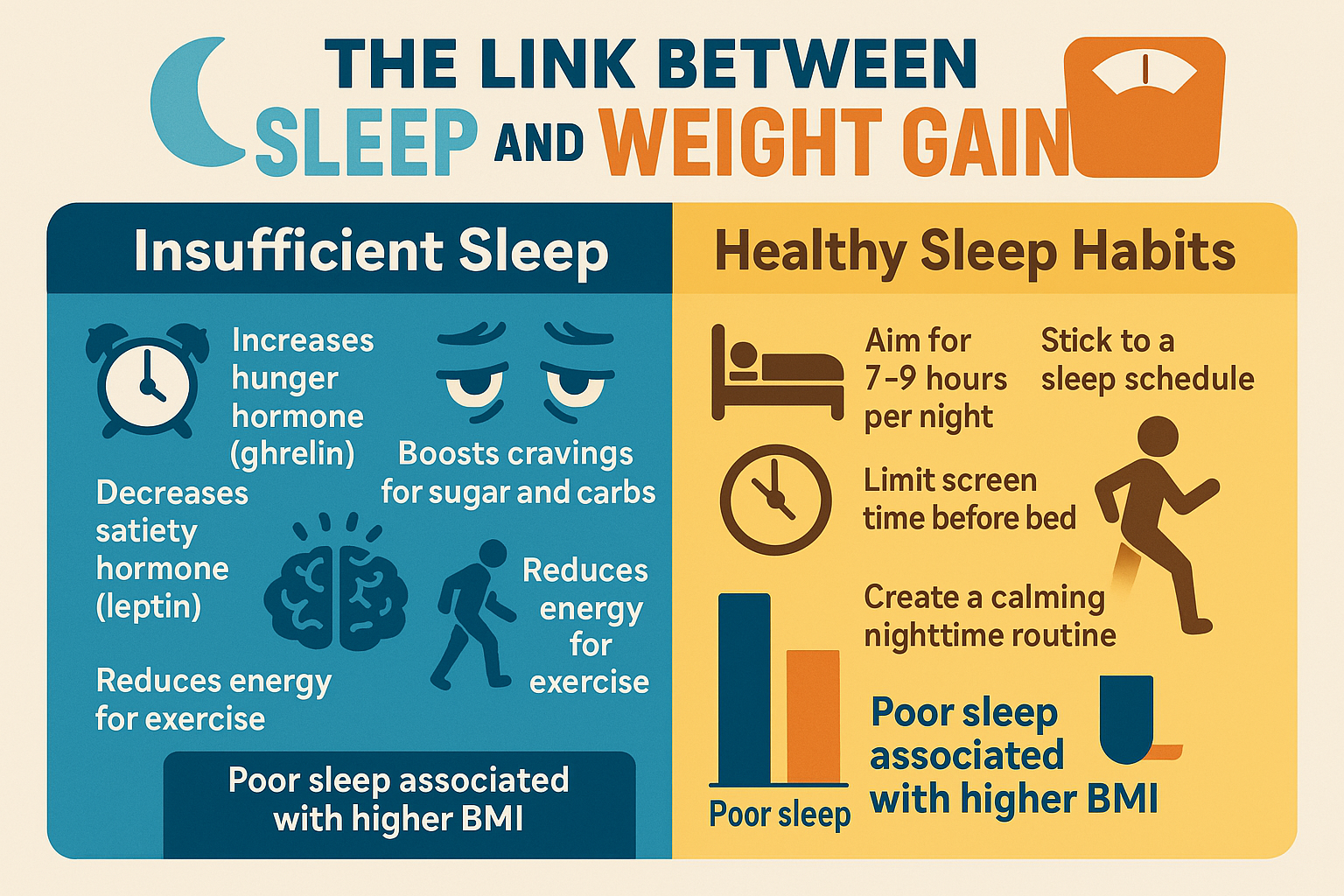As dawn broke, Emma felt unusually energized. Little did she know, her newfound vitality was linked to her aligned circadian rhythm . Discover how mastering your body's natural clock not only boosts energy, but also transforms well-being, promising a healthier, more balanced life. Unlock the secrets here.
Understanding Circadian Health
What is Circadian Health?
Circadian health refers to the overall wellness linked to our body's natural biological clock, which regulates various physiological processes over a 24-hour cycle.
This internal system impacts sleep patterns, hormone release, eating habits, and even bodily temperature, making its role in our overall health paramount.
"Your bedtime isn't just about rest; it's about your heart, your brain, and your waistline."
— Dr. Dylan Petkus , Sleep Specialist
This powerful reminder from Dr. Petkus emphasizes that sleep isn’t a passive luxury — it’s a foundational pillar of health.
When we shortchange our sleep, we’re not just feeling groggy the next day; we’re increasing our risk for cardiovascular issues, impairing cognitive performance, and disrupting metabolic processes that can lead to weight gain.
A consistent bedtime isn’t just good hygiene — it’s a health strategy.
The Importance of Circadian Rhythms
Circadian rhythms, governed primarily by environmental cues like light and darkness, play an essential role in synchronizing our bodies' processes with the day-night cycle.
Disruption of these rhythms can lead to serious health consequences, including sleep disorders, obesity, and mood disorders.

The Science Behind Circadian Rhythms
How Light Affects Melatonin Levels
Light profoundly influences the release of melatonin, a hormone crucial for regulating sleep cycles and overall circadian health.
When exposed to natural light during the day, our melatonin production decreases, allowing us to feel alert and energized.
Conversely, in darker environments, melatonin levels rise, signaling our bodies to prepare for sleep.
"Bright light resets the human circadian pacemaker independent of the timing of the sleep-wake cycle."
— Dr. Charles Czeisler , Professor of Sleep Medicine, Harvard Medical School
Dr. Czeisler’s insight highlights just how powerful light is in controlling our internal rhythms.
Even if you’re keeping a regular sleep schedule, exposure to bright light — especially in the morning — plays a critical role in signaling your brain to align with the day.
It’s a reminder that syncing with natural light isn’t just about preference — it’s biological programming that impacts alertness, hormone release, and overall circadian health.
The Role of Hormones in Circadian Health
Hormones such as testosterone and estrogen are not only vital for reproduction, but are also regulated by circadian rhythms.
These hormonal shifts throughout the day can affect appetite, energy levels, and even emotional states, underscoring the interconnectedness of our hormonal and circadian systems.

Expert Insights on Circadian Health
The Impact of Circadian Rhythms on Well-being
“The way our internal biology and external environment interact through circadian rhythms influences everything from our sleep quality to our susceptibility to diseases,” explains a leading expert in sleep science.
This quote speaks to the delicate balance between our body's internal timing and the world around us.
Light exposure, meal timing, activity levels — all of these external cues help synchronize our internal clock.
When that harmony is disrupted, it doesn't just affect how well we sleep — it can alter immune response, raise inflammation, and increase our risk for chronic conditions.
Understanding this interplay is key to optimizing both daily performance and long-term health.
Understanding this connection is key to optimizing our health.
Best Practices for Maintaining Circadian Health
To maintain optimal circadian health, prioritize natural light exposure during the day, establish a regular sleep schedule, and minimize blue light exposure from screens in the evening.
For more insights on reducing screen time for better sleep, check out our guide on reducing screen time . Incorporating these habits can lead to improved sleep quality and a more energetic day.

Common Misconceptions About Circadian Rhythms
Debunking Myths Surrounding Circadian Health
One common myth is that adjusting sleep patterns can quickly rectify circadian rhythm disruptions. In reality, it takes time for our bodies to recalibrate fully.
Consistency is crucial for effective adjustment and long-term circadian health .
Understanding Individual Variations in Circadian Rhythms
It's essential to recognize that not everyone has the same circadian rhythm.
Genetics, environment, and lifestyle can lead to individual differences, affecting everything from sleep duration to peak alertness times throughout the day.

Actionable Tips for Improving Circadian Health
Daily Habits to Enhance Circadian Alignment
Get sunlight exposure within an hour of waking up.
Establish a consistent sleep schedule, even on weekends.
Avoid stimulants and heavy meals closer to bedtime.
Limit screen time in the hour before sleep to reduce blue light exposure.
The Role of Nutrition and Exercise
Regular physical activity and a balanced diet play a crucial role in supporting circadian health .
Aim for moderate exercise during daylight hours and eat at steady intervals to help entrain your internal clock. For more on how nutrition can impact your health, explore our article on the benefits of pistachios .
"Virtually every aspect of our physiology and behavior... is mediated by our internal clocks."
— Dr. Randy Nelson , Director, WVU Center for Foundational Neuroscience Research and Education
This statement from Dr. Nelson underscores the profound reach of our circadian system.
It’s not just sleep that’s on a timer — everything from digestion and hormone production to mood and immune function operates on a biological schedule.
When our internal clocks fall out of sync, it can ripple through nearly every system in the body, silently influencing our energy, focus, and long-term health.

People Also Ask
What is circadian health?
Circadian health encompasses the wellbeing associated with the synchronization of biological processes with external environmental cues, primarily the light-dark cycle.
How to improve your circadian rhythm?
Improve your circadian rhythm by maintaining a consistent sleep schedule, increasing exposure to natural light during the day, and minimizing bright light at night.
Does circadian really work?
Yes, understanding and optimizing your circadian rhythms can significantly improve sleep quality and overall health.
Conclusion
Key Takeaways on Circadian Health
Mastering your circadian rhythm can lead to enhanced energy levels, improved mood, and a more balanced life.
Recognizing the powerful influence of light and maintaining consistent daily habits are crucial steps toward achieving optimal circadian health .
Call to Action: Explore More on Circadian Health
To learn more about optimizing your body’s natural clock for improved well-being, delve deeper into the science of circadian health and unlock the secrets to a healthier lifestyle.
 Add Row
Add Row  Add
Add 




 Add Row
Add Row  Add
Add
Write A Comment